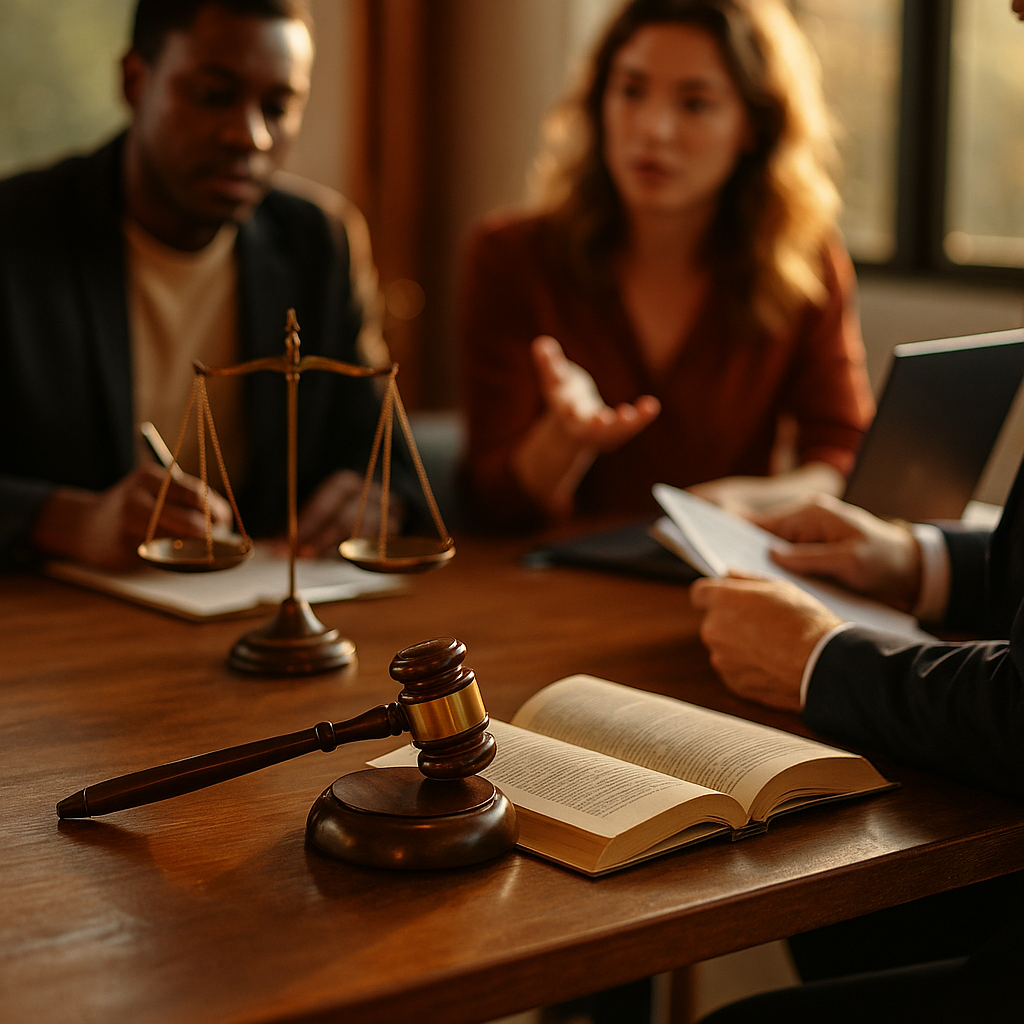As decentralized communities continue to flourish, a strong legal framework for “Creator DAOs” (Decentralized Autonomous Organizations) has never been more important. This structure ensures compliance, protects stakeholders, and fosters innovation for creators worldwide. But how can legal clarity and decentralization truly coexist in these digital collectives? Let’s explore the evolving landscape of law and Creator DAOs.
Understanding the Concept of Creator DAOs
Creator DAOs have emerged as innovative entities reshaping how creators and communities organize, monetize, and govern digital projects. Unlike traditional companies, a Creator DAO empowers artists, musicians, writers, and other digital creators to operate transparently, manage intellectual property, and distribute rewards without centralized oversight. Members utilize smart contracts and blockchain-based voting systems to make collective decisions, providing transparency and efficiency.
This paradigm offers creators new ways to collaborate with global audiences, share profits through tokens, and form lasting digital communities. As Creator DAOs proliferate, legal certainty becomes critical to establish trust and manage risks amid technological innovation.
Legal Structures for Decentralized Organizations
Determining the right legal entity for a Creator DAO remains a core challenge. While the decentralized nature often resists traditional structures, regulatory clarity is necessary for tax, liability, and compliance purposes. Common models include the Limited Liability Company (LLC)—especially favored in progressive jurisdictions like Wyoming or the Marshall Islands—because they offer legal recognition while accommodating DAO management principles.
In 2025, several governments have piloted “DAO-specific” legal identities, making it easier for Creator DAOs to register while maintaining decentralization. These frameworks address questions around who holds responsibility, how voting rights are defined, and how intellectual property is governed. Importantly, they also offer dispute resolution mechanisms that are enforceable in traditional courts.
Regulatory Compliance and Tax Considerations for Creator DAOs
The regulatory landscape for Creator DAOs continues to evolve, particularly concerning anti-money laundering (AML), know-your-customer (KYC) protocols, and taxation. DAOs must ensure compliance with jurisdiction-specific regulations, even when lacking a central authority. Many DAOs now employ on-chain KYC tools and digital identity solutions to maintain compliance while protecting member privacy.
Taxation poses a further challenge, as many regulators now classify Creator DAO tokens as taxable assets. Accurate record-keeping of transactions, member distributions, and smart contract interactions has become essential. In several countries, special DAO tax guidance issued in late 2024 clarified how Creator DAO revenues should be reported and taxed, further reducing uncertainty for creators and token holders.
Intellectual Property and Governance in Creator DAOs
Managing intellectual property (IP) is particularly vital for Creator DAOs, whose assets often consist of digital art, music, or other copyrighted material. Establishing clear DAO governance protocols around IP ensures that rights are allocated, licensed, or transferred efficiently. DAOs increasingly use on-chain IP registries and automated licensing agreements built into smart contracts to streamline these processes.
Governance protocols must define:
- IP contribution rules: Who can contribute IP and under what terms.
- Distribution of proceeds: How revenue from IP is shared among contributors and token holders.
- Dispute resolution: Steps to follow if conflicts arise about IP ownership, licensing, or infringement.
For Creator DAOs, these protocols both protect creators and help the community evolve in a sustainable, legally robust way.
Jurisdictional Challenges and Cross-Border Operations
Since Creator DAOs often have globally distributed members, navigating international law is a priority. The absence of geographically fixed leadership or headquarters can complicate questions of governing law, enforcement of contracts, and liability. Recent DAO legislation in Singapore and Switzerland allows DAOs to select applicable law in their operating agreements, bringing some much-needed clarity.
However, issues persist regarding cross-border taxes, securities regulations, and enforcement of smart contracts. Legal experts recommend that every Creator DAO draft comprehensive, publicly accessible legal documentation and maintain active communication with members about their legal obligations, especially as regulations shift worldwide in 2025.
Best Practices for a Compliant and Sustainable Creator DAO
Building a legally sound Creator DAO requires proactive governance, transparency, and expert legal advice. Key best practices include:
- Adopt a recognized legal entity structure: Use frameworks such as Wyoming’s DAO LLC or similar options in forward-thinking jurisdictions.
- Define clear bylaws and smart contract logic: Codify member rights, voting mechanisms, and dispute processes on-chain and in plain language.
- Implement regular compliance audits: Conduct periodic reviews to ensure ongoing regulatory and tax compliance.
- Protect intellectual property: Use smart contracts for licensing, royalty distribution, and transparent IP management.
- Facilitate member education: Provide training on responsibilities, rights, and the legal implications of DAO participation.
Partnering with legal professionals who specialize in digital organizations further enhances DAO durability and protects stakeholder interests.
FAQs: Legal Framework for Creator DAOs
-
What is a “Creator DAO”?
A Creator DAO is a decentralized, blockchain-based organization that enables artists, musicians, writers, and digital creators to collectively manage projects, revenue, and intellectual property without a central authority.
-
Do Creator DAOs need to register as legal entities?
While not always mandatory, registering as a legal entity like an LLC or DAO-specific structure helps ensure liability protection, tax compliance, and better regulatory clarity.
-
How are disputes resolved in a Creator DAO?
Most Creator DAOs establish on-chain dispute resolution protocols and back them with enforceable agreements in major jurisdictions to handle conflicts fairly and transparently.
-
How are Creator DAOs taxed?
DAO tokens and revenue are typically considered taxable. Members should track earnings and consult local DAO tax guidance, which has become more clear in several jurisdictions since 2024.
-
What jurisdictions are friendly to DAO integration?
Wyoming (USA), Singapore, Switzerland, and the Marshall Islands have implemented progressive DAO legislation, making them attractive for DAO registration and operation in 2025.
In summary, developing a robust legal framework for Creator DAOs is essential for compliance, member trust, and creative growth. DAO leaders should leverage emerging laws, set clear internal protocols, and remain adaptable as the global legal environment continues to evolve.
